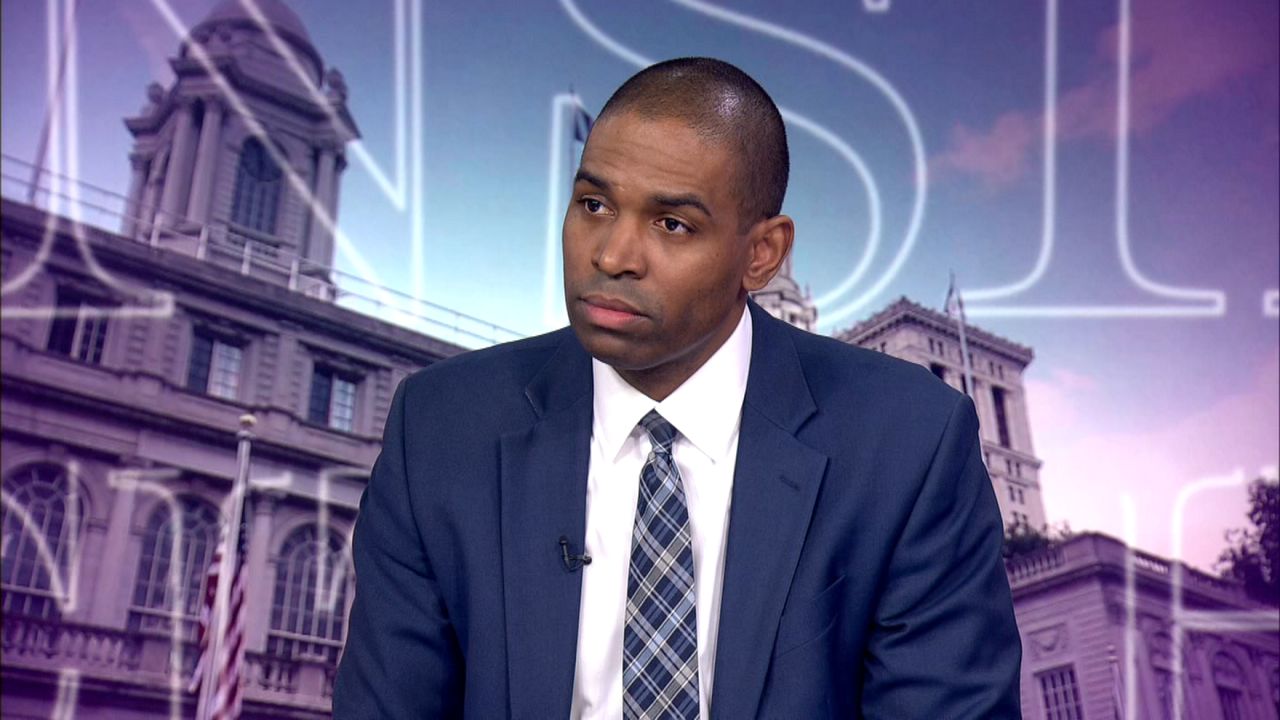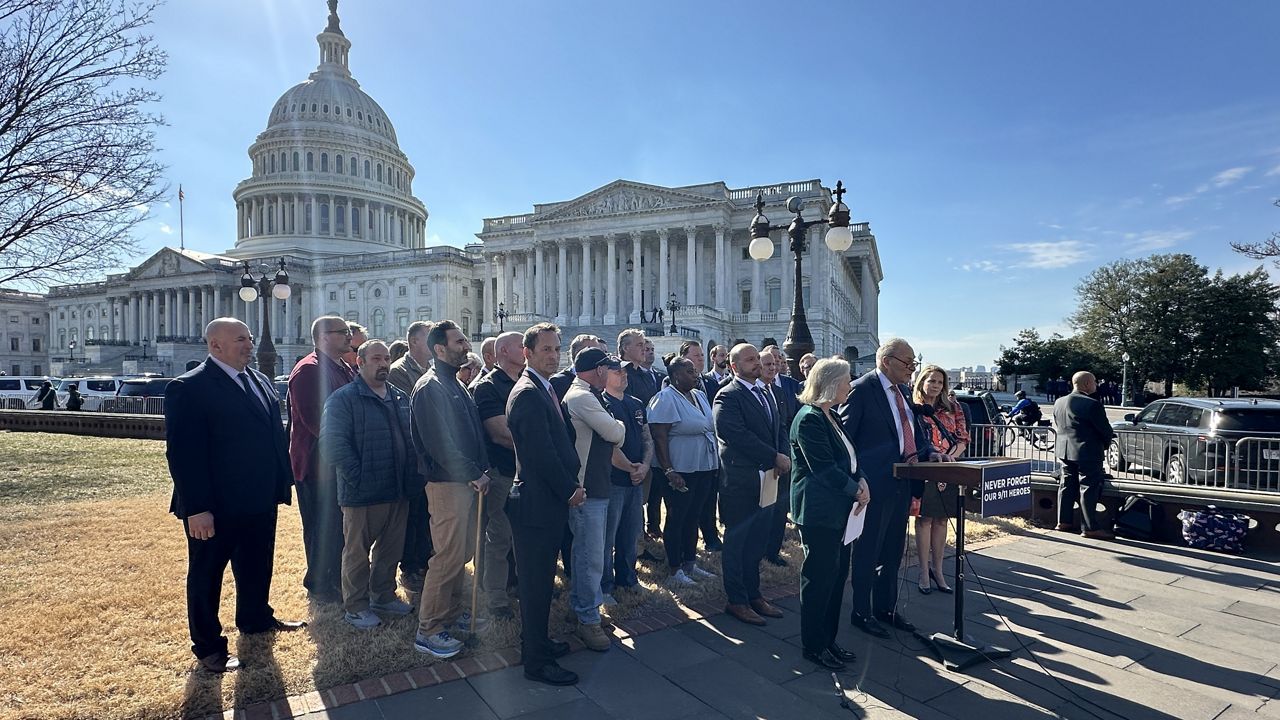The City Council passes a lot of laws that also require a lot of reports.
A NY1 review of Council bills show that this year, 60 out of 127 bills that were enacted had a reporting requirement for city agencies.
“We’ve gotten to the point where these reporting bills have just become white noise,” City Council Minority Leader Joseph Borelli said.
In fact, in the last five years, over 40% of the 767 bills enacted required reports — so many that it puts a strain on agency staffers who compile them, taking city employees away from their day-to-day responsibilities.
There are laws requiring reports on rat mitigation, outreach on the benefits of doulas and midwives, location of blood pressure machines in public places, crisis respite centers, backwater valves, unnecessary illumination in city-owned spaces.
The list goes on and on and on.
“They get filed in a library that the public can’t figure out how to find and they’re the least popular part of the library - it’s like a used crossword book section how few people avail themselves of these reports,” Borelli said.
That is, if the reports are filed at all.
A report on installing geothermal energy systems on government-owned sites was due March 1. But an official for the Mayor’s office of Climate and Environmental Justice said there were other priorities that limited its “bandwidth capabilities.”
Councilman Francisco Moya passed a law requiring a report due July 1 on the role of women and gender non-binary, non-conforming and intersex workers in nontraditional careers — the mayor’s office has yet to assign an agency to do it.
Councilman Shekar Krishnan sponsored a bill requiring reports on parks facilities that get an “unacceptable” rating at least three times in six months — saying at the time that in some neighborhoods, “parks have been badly maintained.”
But there are no reports under that law, because no park facility was deemed so unacceptable to trigger one, according to a Parks Department spokesman.
Councilman Keith Powers defended the usefulness of reports, especially on uncooperative agency officials.
“There are a lot of reports that become the basis of oversight questions at hearings, new legislation, gives us a really good snapshot of what’s happening in our the city at a specific time,” Powers said.
A council spokesperson said, “The Council’s use of legislation to require reports on data that should be public is effective [in] assessing the functioning of city agencies and is an essential tool of good government and transparency.”
Over the years, reporting requirements have piled up in the city’s administrative code.
But there is a small group of employees from the city council and Adams administration that is assigned to get into the weeds and cut the outdated, burdensome and just plain useless reporting requirements.
Over the summer, the Report and Advisory Board Review Commission held a meeting.
A Council staffer on the commission, Malcom Butehorn, described the burden lawmakers put on agencies.
“I think, for some of the smaller agencies, you know, they have to pivot people around and take them away from their normal day-to-day stuff to continually meet these reporting obligations that get mandated on them,” he said.
An agency with a particularly large workload, he said, is the Department of Education “one of the most heavily burdened agencies by reports.”
Melanie La Rocca ran the Department of Buildings and was the city’s chief efficiency officer. She advised the commission.
“We have to ask ourselves, often and regularly, what is the value add and how is this making us more effective in the delivery of services,” she said.
The Report and Advisory Board Review Commission was born from a 2010 charter referendum passed by voters.
It got the City Council to eliminate some reports at the tail end of the Bloomberg administration, and then it went completely quiet during the de Blasio administration.
It was revived days before Eric Adams was set to enter City Hall.
And the Council is again taking up its recommendations.
Earlier this year, the Council eliminated 56 reporting requirements and advisory boards.









